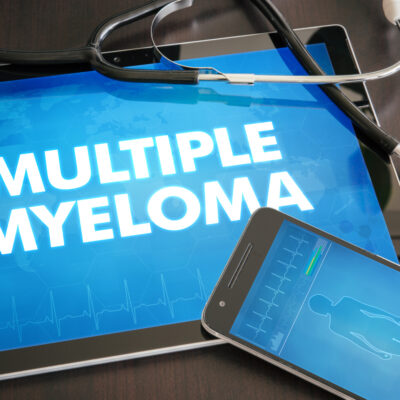
All you need to know about ADHD
Attention deficit hyperactivity disorder (ADHD) is a neurological disorder that affects both children and adults. Researchers have found that 5% of those who have ADHD are adults. Although it was claimed earlier, that males were more prone to ADHD, it has now been found that it affects both males and females.
Causes of ADHD
Researchers have been unable to find the exact cause of ADHD, but the following factors are known to contribute to its development:
- Genetic makeup
ADHD can run in families. This means, depending on your genetic makeup, you can get ADHD if there is a history of it in your family. - CNS problems
Those who have had a problem in their central nervous system (CNS) are more prone to get ADHD. - Brain injury
This is a rare occurrence but is considered to be a serious cause of ADHD. If you have a brain disorder due to a brain injury then you are likely to have ADHD. - Environmental reasons
Sometimes environmental factors can contribute to ADHD. People who have been exposed to lead content in their formative years are more prone to ADHD. - Chemical imbalance
Research has shown that chemical imbalances in the brain can cause ADHD. - Premature birth
Premature birth can put the baby at risk of developing ADHD. - Alcohol and tobacco consumption
Women who consumed alcohol and/or smoked tobacco during their pregnancy put their babies at risk of developing ADHD.
Symptoms of ADHD
As ADHD affects children and adults, the symptoms are different for each of them.
The common symptoms for children with ADHD are
- Restless and hyperactive behavior
- Poor concentration
- Very talkative
- Impatience
- Absent mindedness and inability to focus on a task
- Short temper
- Highly sensitive to and easily distracted by sounds
The common symptoms for adults with ADHD are
- Short temper
- Loss of interest in any activity
- Inability to maintain relationships
- Tendency to procrastinate tasks
- Frequent mood swings
- Disorderly and unsystematic daily routine
- Low self-esteem
- Demotivated and frustrated state of mind
- Inability to concentrate on work
- Feelings of depression, anxiety, and stress
Treatment of ADHD
There is no cure for ADHD, though it is possible to manage it with the use of medications and therapy. Generally, both treatment methods are recommended to be together for long-lasting results.
Medications that are prescribed for people with ADHD are of two types: stimulants and non-stimulants. Stimulants work faster and include medicines such as methylphenidate, lisdexamfetamine, and amphetamine. Non-stimulants are prescribed for people who experience adverse side effects of stimulants. Examples of non-stimulant medications include atomoxetine, guanfacine, clonidine, and bupropion.
There are two main types of psychotherapies that are recommended for adults suffering from ADHD. The first is cognitive behavioral therapy, which helps the person to learn how he or she can manage his or her behavioral issues better and change the way in which his or her thought process works. The second type of therapy is counseling. When the person affected by ADHD has support from his family, he or she will be able to get better and this therapy teaches how to do just that.


